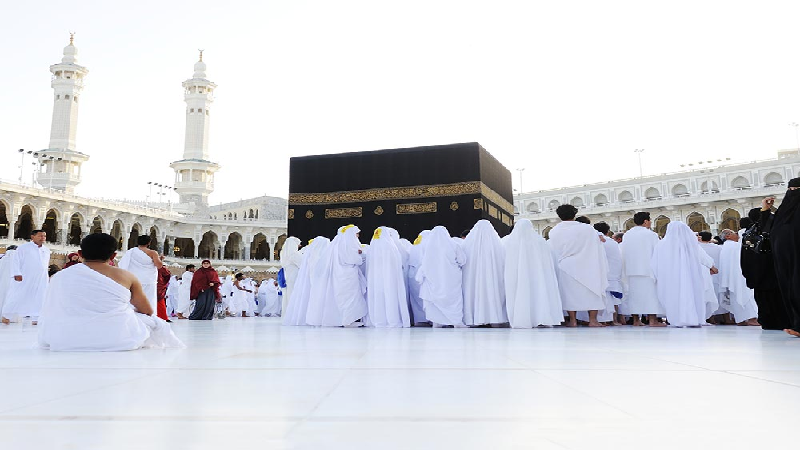Muslims across the globe have taken to social media to express their outrage following the release of new Ramadhan 2023/1444 AH restrictions set for the Saudi Kingdom by the country’s Minister of Islamic Affairs, Abdul Latif Al-Sheikh.
Among the Arabic mandates released last week Friday in the contentious ten-point document, children will no longer be allowed in the Masjid Al Haram during prayer as they may cause distractions to the congregation.
“They are encouraging musalees [congregants] not to bring children because they may lose their concentration and become unfocused during the prayers,” translated VOC’s inhouse Sheikh, Esa Sami Al Jazry.
Imams [cleric] and Mua’thin cannot be absent except for extreme reasons but in that case they need to ensure they have a stand in. Tahajjud and Salatul Layl prayer needs to be shortened in the last ten days of the month to ensure sufficient time for worshippers before the time of Fajr.
“Must not make it difficult for the musalee, there needs to be enough time for suhoor [meal consumed by Muslims before the start of the fasting day],” explained Sheikh Al Jazry.
Further to that, the use of cameras on the Jamah [congregation] has been disbanded.
“They are not allowing any camera in the masjied [mosque] and there will be no videos taken from the imam and the congregation. The media will not be allowed to capture the Imam or congregation on footage of any kind,” explained Sheikh Al Jazry.
Subsequently, “The imam’s responsibility for authorizing the i’tikaaf [seclusion in mosque during last ten days] and knowing their data. There are very strict rules around this,” added Sheikh Al-Jazary.
“You may only break your fast in the designated places in the area where an Imam and Mu’athin needs to oversee this. Furthermore, whoever feeds people needs to clean up after the Iftaar [breaking of fast],” explained Sheikh Al Jazry.
The Ministry also prohibited mosques from collecting funds for organising meals to break the fast for fasting people, and for any such meals to be prepared and held in designated areas and to be conducted under the responsibility of the Imam and Mu’athin
However, according to reports by international news agency, Middle East Monitor, The Ministry’s spokesman, Abdullah Al-Enezi, dismissed concerns in a telephonic interview with the channel, Al-Saudiya, stating that “the Ministry does not prevent breaking the fast in mosques but, rather, organises it, so that there is a responsible person who takes permission from it, and it will have facilities within the framework of preserving the sanctity and cleanliness of the mosque and not collecting donations other than official.”
VOC






 WhatsApp us
WhatsApp us 

